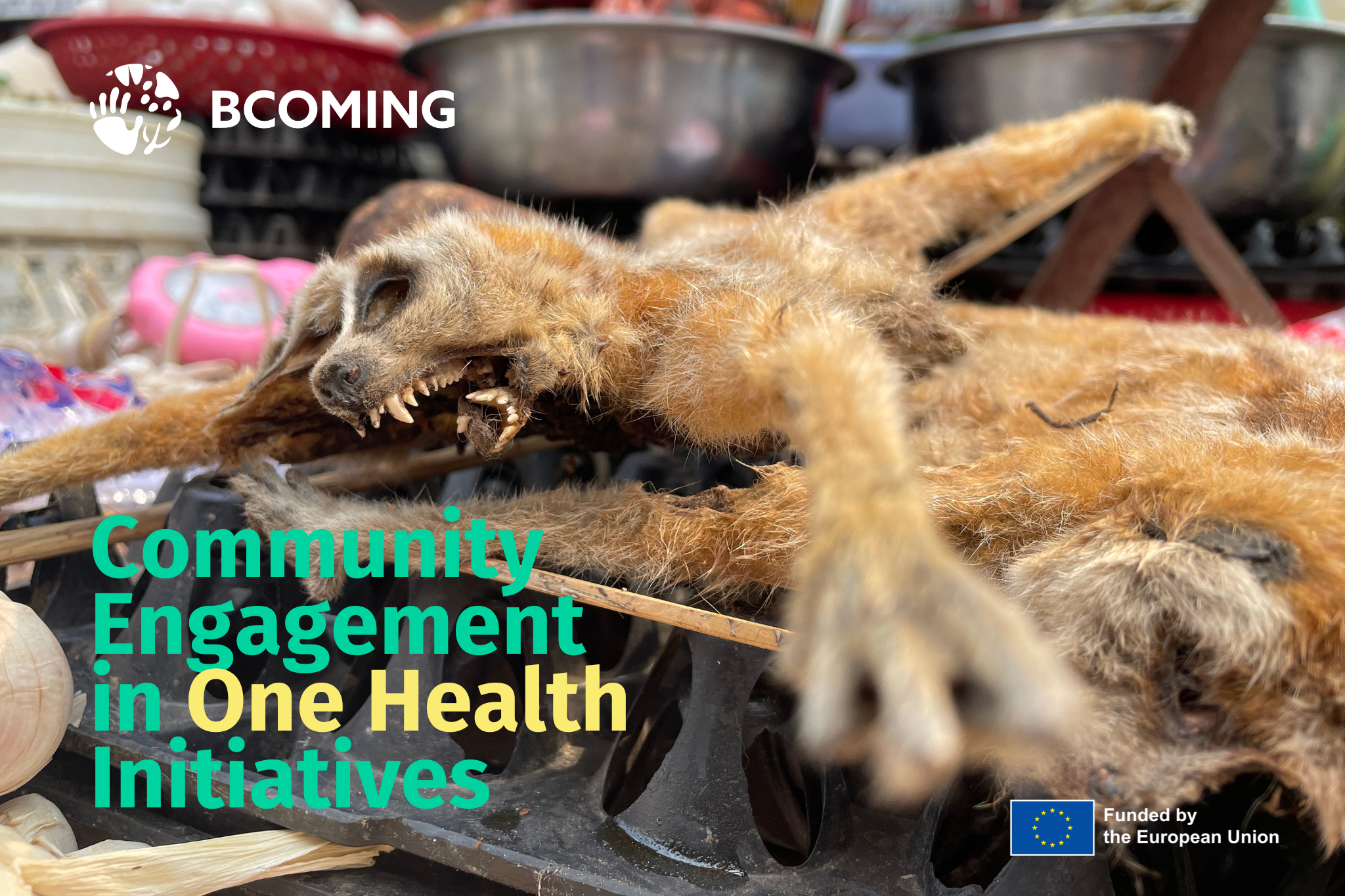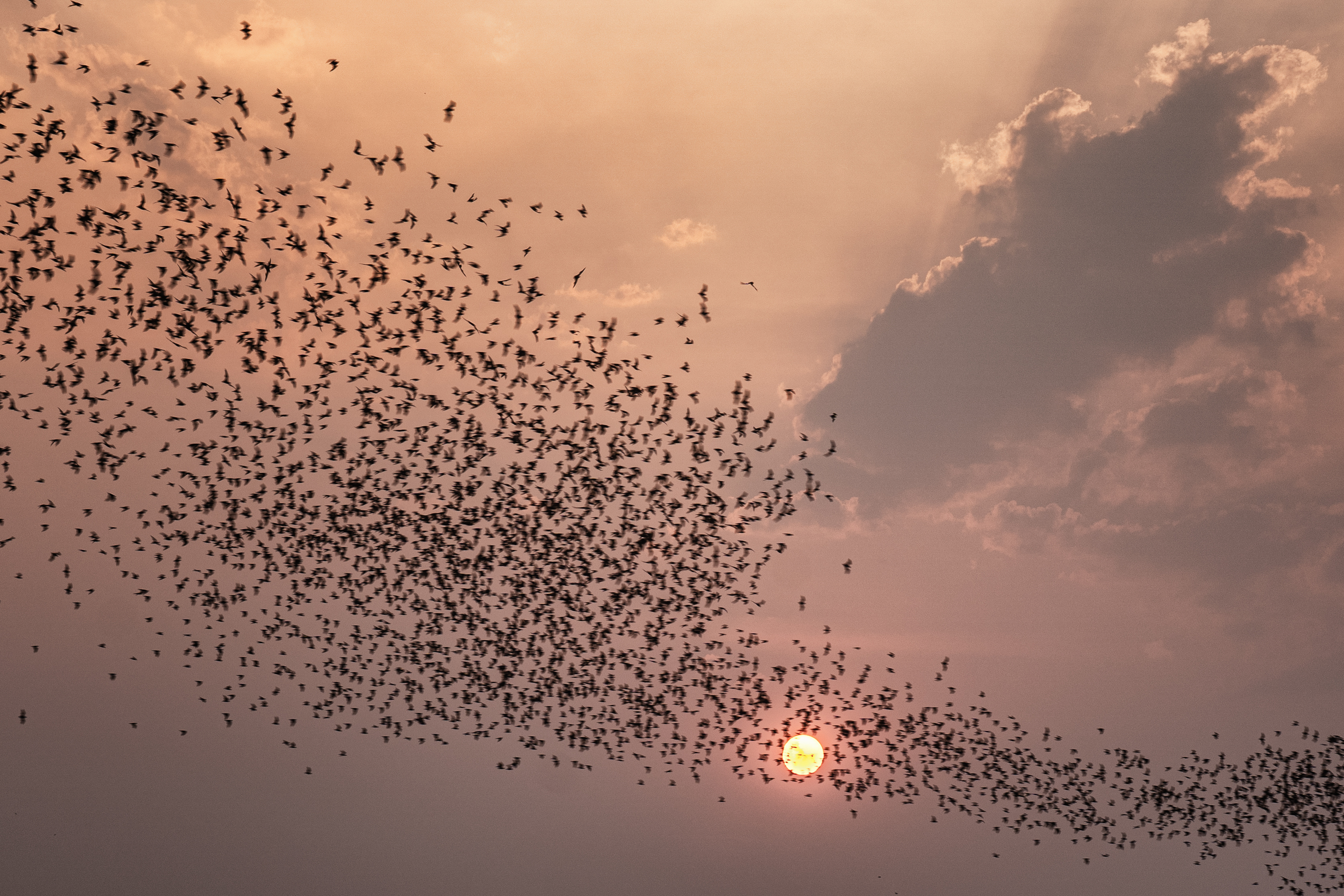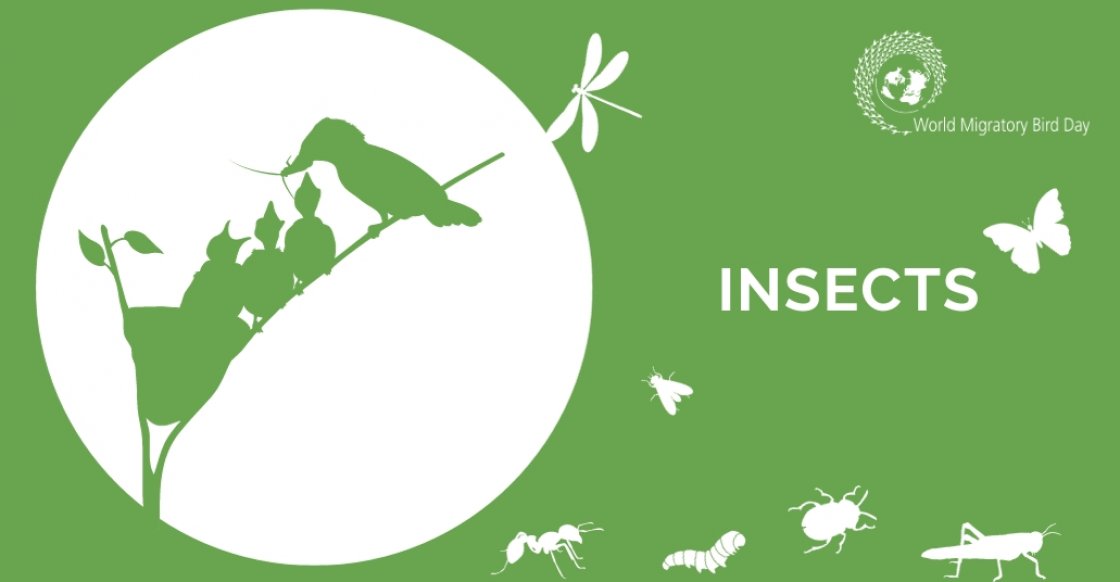Role of Community Engagement in One Health Initiatives
Explore the role of community engagement in One Health initiatives, emphasizing the socio-economic aspects. Discuss the potential impact of community involvement on preventing and managing zoonotic diseases.
One Health is a holistic approach to health that recognizes the interconnectedness of human, animal, and environmental well-being. Community engagement is central to the success of One Health initiatives.
This blog post explores the pivotal role of community involvement in One Health initiatives, with a special emphasis on its socio-economic aspects and the potential impact on preventing and managing zoonotic diseases

In simple definition, According to Center for Disease Control and Prevention (CD) stated that “One Health is a collaborative, multisectoral, and transdisciplinary approach—working at the local, regional, national, and global levels—with the goal of achieving optimal health outcomes recognizing the interconnection between people, animals, plants, and their shared environment.”
Based on the research conducted by CIRAD, Institut Pasteur du Cambodge (IPC), and International Development Enterprise (iDE) through the ZooCov project in Cambodia in 2021, the local government and community people are living in close proximity to domestic and wild animals and the surrounding nature. These individuals are the most vulnerable to the risks of zoonotic disease transmission but can also potentially be key contributors to the success of the One Health initiative.
Fig. 1: Picture taken during the ZooCov project in Cambodia (2021)
Community engagement is essential for One Health initiatives to be successful. It can help to disseminate knowledge about zoonotic diseases, early detection of potential outbreaks, promote behavioral changes to reduce the risk of zoonotic disease transmission (reduce the direct interaction between human and wildlife such as hunting, consuming, and trading them), and mobilize resources for the implementation of preventive measures.
Community involvement in One Health initiatives can have a positive socio-economic impact, including: safeguarding livelihoods by protecting the health of livestock and ensuring food security; reducing healthcare costs by preventing disease; ensuring food safety; building economic resilience; and fostering social cohesion.
One Health is a community-driven movement with the potential to shape the future of global health and well-being. Community engagement is essential to the success of One Health initiatives, and empowering communities to actively participate in disease prevention can have a significant socio-economic impact. As we navigate the complex web of health challenges, we must recognize the transformative power of communities working hand in hand to create a healthier, more resilient world.
In this great project, BCOMING, the iDE team’s are tasked to use Human-Centered Design to assess socio-economic risk factors, including wildlife trade and contribute to the assessment and evaluation of the existing surveillance systems.
Source:
-
ZooCov report (cannot be shared)



